 Whether to precarious geopolitical situations or challenges posed by personal adversity, the authentic Jewish response is to seek spiritual merits. Such virtues might come in the form of more heartfelt tefilla, more determined Torah-study, more frequent acts of chessed, greater empathy for one another. Or in the form of smaller, more specific, undertakings, like special care in the performance of particular mitzvos.
Whether to precarious geopolitical situations or challenges posed by personal adversity, the authentic Jewish response is to seek spiritual merits. Such virtues might come in the form of more heartfelt tefilla, more determined Torah-study, more frequent acts of chessed, greater empathy for one another. Or in the form of smaller, more specific, undertakings, like special care in the performance of particular mitzvos.
Because our mesorah teaches us that the path to a goal entails utilizing all available means, the seemingly less significant no less than the more obvious.
In that spirit, I would like to offer a small idea for Jews seeking a spiritual merit: reclaiming “Aleinu.”
Until one of my daughters shared her personal exasperation over the fact, I had thought that I was perhaps the only person who had found it nearly impossible to complete “Aleinu” in shul in the time allotted. Granted, one can always complete Aleinu after the Kaddish that generally follows it, but what most often happens instead is that, at least for most people, the tefilla is mercilessly mangled or truncated.
Aleinu is no minor thing. It was composed, according to early sources, by Yehoshua; its opening sentences, moreover, were the death-declaration of countless Jews throughout history, the words with which they defiantly refused to succumb to the tortures and threats of those bent on uprooting devotion to our Torah. It is part of our Amidah for Mussaf on Rosh Hashana.
And the appended “Al Kein” paragraph is, according to our mesorah, the expression of repentance composed by Achan (the first letter of each of its first three words spell his name), in the wake of his sin of misappropriating valuables from the spoils of the conquered city of Yericho, for which he did teshuva and expressed sincere charata.
Might it not be part of a truly Jewish response to adversity for us to better connect to such words?
And the words themselves are so powerfully pertinent to our times, when many feel “the footsteps of Moshiach” can be heard in the distance.
Once again, and perhaps more than ever, the small fraction of one percent of the world’s population known as the Jewish People is, astoundingly, the focus of myriad forces of unbridled evil.
No Jew with any sense of history could possibly ignore the confluence of contemporary world events: The venomous hatred fueling Islamist movements, the acts of anti-Semitism that poke through the loam of humanity around the globe like toxic mushrooms, the decrepitude masquerading as the Palestinian Authority’s “unity government,” the smiling little would-be mass murderer in Iran. The footsteps grow louder. Is it not a time for Jewish merits, large and small?
The haters like to say that there is a Jewish Plot. They are essentially right. But it’s more of a plan than a plot, since there’s only one – or, better, One – Planner. And His plan is unfolding before our eyes.
We Jews have a role here: to be better Jews in every way we can, and to realize that, in the end, there is, as Chazal put it, “no one on whom to rely other than our Father in Heaven.”
And when we do our part, our tradition teaches, we will merit the ultimate redemption, the era of global recognition of Hashem and His truth that our Neviim have foretold. It is, at it happens, described in the words of “Al Kein”:
“And therefore we put our hope in You, Hashem, that we may soon see Your mighty splendor…to perfect the universe through the Almighty’s sovereignty.
“Then all humanity will call upon Your Name, to turn all the earth’s wicked toward You. All the world’s inhabitants will recognize and know that to You every knee should bend… and to the glory of Your Name they will render homage, and they will all accept upon themselves the yoke of Your kingship… on that day Hashem will be One and His name will be One.”
© 2007 AM ECHAD RESOURCES
[Rabbi Shafran is director of public affairs for Agudath Israel of America]

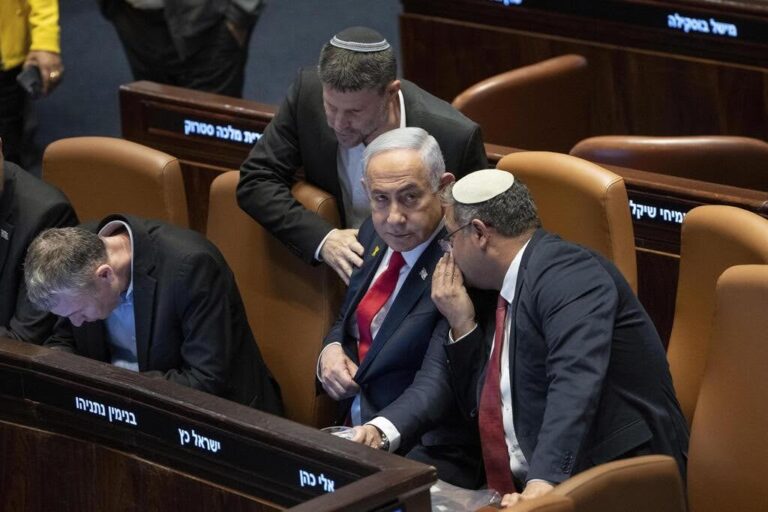


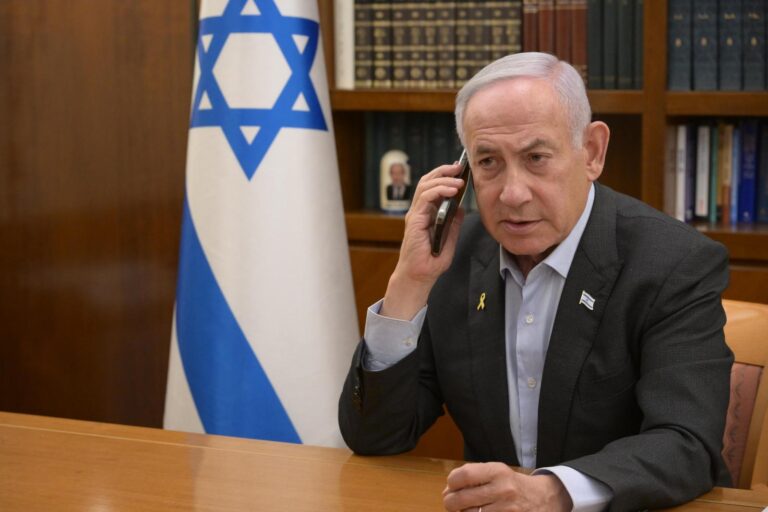
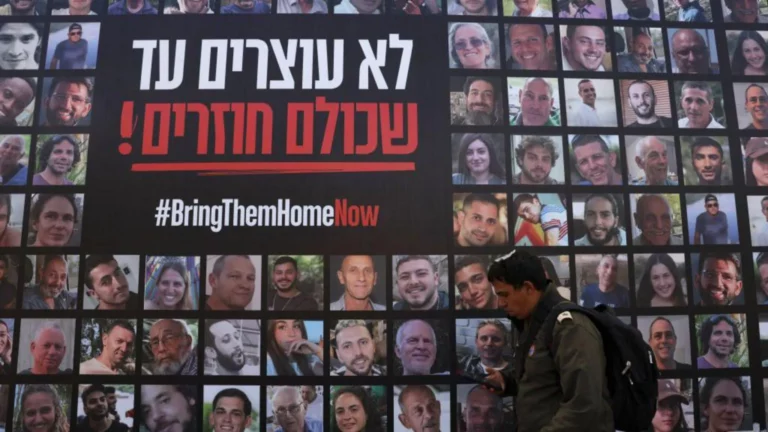
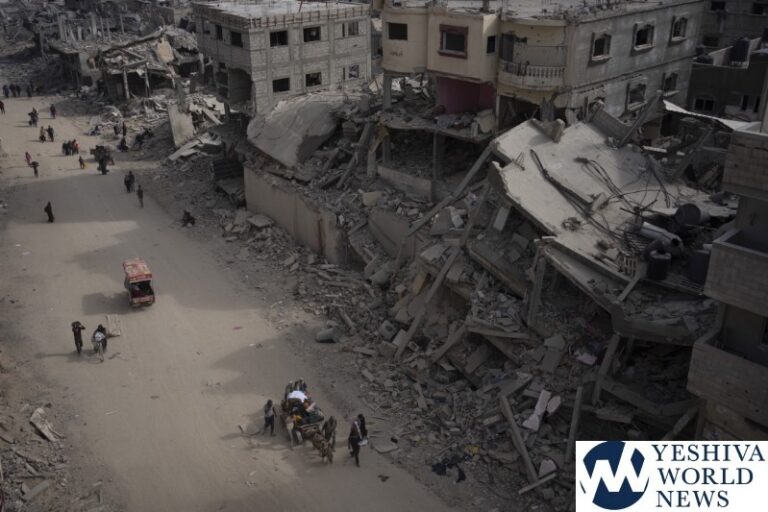
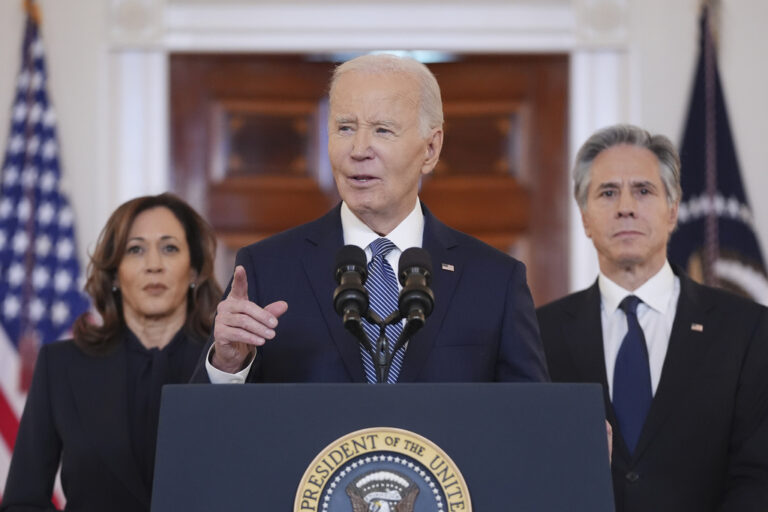



One Response
If we would focus on one kappitel of T’Fillah at a time and get people to put a small amount of thought in to each one (as you have done for Aleinu) it would be apparent that they are all beautiful and they would be said with more feeling. This should be done everyday in school beginning in first grade all the way through High School. The kids today even in the best schools don’t know pierush hamilim let alone pierush hatfillah. They don’t know why we say that specific T’fillah, how or why should they say it with Kavanah. And then when they are older it is hard to re-train oneself to have more interest in a ‘boring’ (challilah) pursuit.